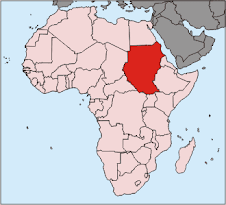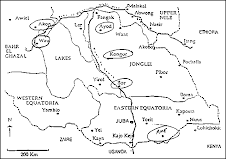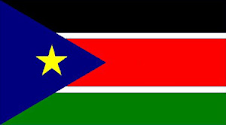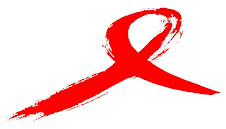make straight in the wilderness a highway for our God.”
~Luke 2:11
 The Home:
The Home:Peace
The Family:
Peter and Beatrice have three beautiful little girls and they do an amazing job of parenting each one. In

I would spend the early mornings, late afternoons, and evenings with Peter and Beatrice. In the mornings I would get up and get ready before leaving my tent. I would then try to help Beatrice with breakfast but normally she wouldn’t let me help so I just watched. I watched her make mandazis the first morning I was there. A mandazi is kind of like a triangular donut. I usually took tea and mandazis with Peter and few of the other men. I never had breakfast with Beatrice and her mother since I was a guest. In the African culture, the women usually eat after the men or away from the men. Rarely do they eat in the company of one another. After breakfast I would spend my day either at the hospital or the pre-school. Later in the day after my work, I would go back to the Byler’s house just to get away and have some alone time or do some computer work. Here in
I usually made my way back to the church compound around four or five. As soon as I’d get there I would have dinner with Peter. We would talk about our days and he would teach me some Arabic. Luckily during these times it was still light enough that I could write these things down. I would play with Amama and Peace after dinner up until bath time. Right before bed, we all gathered together outside under the stars and had a nightly devotional. Usually this gathering consisted of Peter’s family, me, and some of the young boys/men in the church compound. Peter led the devotional in Arabic so that the children would understand. Daniel, a young man from the church, would translate for me. We started the devotional in song and prayer then someone would give a mini-sermon (I gave one the third night I was there). We ended in prayer and usually another song. I loved that this time was set aside every night for the entire family to gather and worship God. Not only is it a great example to their children but it’s a great example to those in the church compound. The nightly devotionals were probably my favorite part of my time with Peter’s family.
Angelina and Bianca
I want to share with everyone two experiences I've had in the past few weeks and offer up some prayer requests. (To those of you on my email support list, I have already sent this same text to you in my last email update.)
“Oh, my anguish, my anguish! I writhe in pain. Oh, the agony of my heart! My heart pounds within me, I cannot keep silent. For I have heard the sound of the trumpet; I have heard the battle cry. Disaster follows disaster; the whole land lies in ruins. In an instant my tents are destroyed, my shelter in a moment. How long must I see the battle standard and hear the sound of the trumpet?” (Jeremiah 4:19-21)
When I read this, I could understand the pain Jeremiah was feeling because I felt the same for Torit. There are so many people here that are just lost. There are many who are drunk by the middle of the day. Teachers will show up in the schools in the afternoon drunk. Sexual immorality is everywhere. There are many mentally-disturbed people who wander through the streets terrorizing people. My heart aches for these people because they do not know the Lord. They do not know peace or love because they do not know their Savior. But this is not only so in Torit but it is all over the





